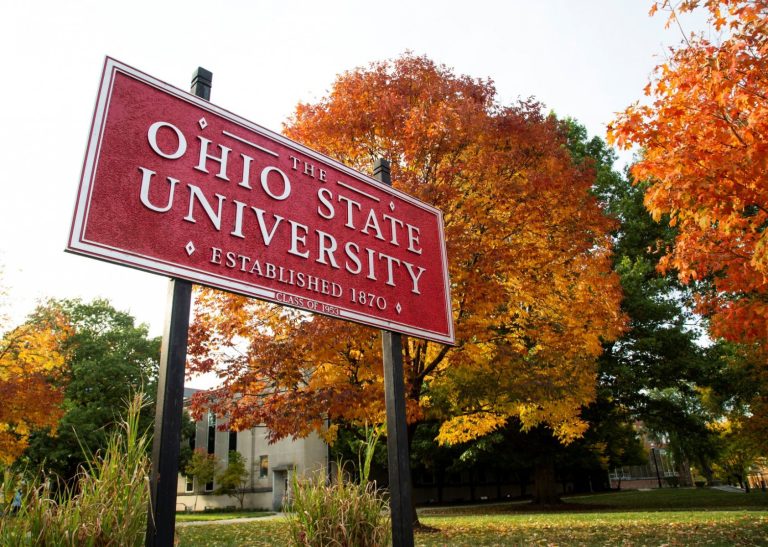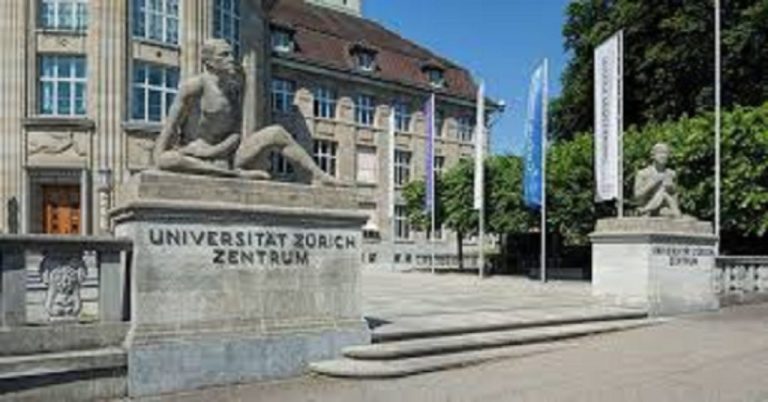
A Doctoral Research Fellowship (SKO 1017) in philology is available at the Department of Linguistics and Scandinavian Studies, University of Oslo. Philology is the study of language and literature in written historical sources, considered in their cultural and material contexts. Philology involves the examination of manuscripts, inscriptions, and other historical documents to understand the development of language, literature, and written culture.
At the Department of Linguistics and Scandinavian Studies, there are relevant academic environments in Old Norse and Celtic philology, Nordic linguistics, Nordic literature, and the Centre for Ibsen Studies. The research conducted at the department covers a broad range of topics, including language use and development, medieval and early modern literature, and epigraphy. Examples of relevant research areas include:
- The study of linguistic variation and development with a starting point in and emphasis on written source material
- Textual philology and textual criticism, the study of the development of historical texts
- Philological studies of historical texts with a focus on literary motifs, style, and/or cultural context
- Manuscript studies, paleography, and codicology
- Epigraphy, the study of inscriptions in runes or letters for investigations of linguistic and cultural phenomena
- Interdisciplinary approaches that combine philology with other fields (e.g., cultural history and the history of religions)
Project description and the department
The application must describe a research project that is thematically relevant to the research at the department within one or more of these research areas. The application should clearly show how the project can be linked to existing research expertise at the department.
For information about the research at the department and about the academic staff, please refer to the department’s website and the staff profiles.
The Department of Linguistics and Scandinavian Studies has access to infrastructure for experimental projects utilizing eye tracking, EEG, and conversation analysis. Projects planning to use such equipment or other personal data in research should account for this in the methodology section of the project description, and provide a brief discussion of any ethical and data protection considerations.
The person appointed will be affiliated with the Faculty’s organized research training. The academic work is to result in a doctoral thesis that will be defended at the Faculty with a view to obtaining the degree of PhD. The successful candidate is expected to join the existing research milieu or network and contribute to its development. Read more about the doctoral degree.
The appointment is for a duration of 3 years. All PhD Candidates who submit their doctoral dissertation for assessment with a written recommendation from their supervisor within 3 years or 3 ½ years after the start of their PhD position, will be offered, respectively, a 12 or 6 month Completion Grant.
Jarli & Jordan/ UiO
Qualification requirements
- A master’s degree in a subject relevant to the project proposal and the advertised fields, or equivalent education. The final degree must be obtained, and the examination results must be available by the application deadline. The master’s degree must include a thesis worth at least 30 ECTS credits.
- Fluent oral and written communication skills in English, see Language requirements, and in Norwegian or another Scandinavian language if it is relevant for the completion of the project. Candidates who do not master Norwegian at the time of employment must complete Norwegian language training equivalent to 15 ECTS credits if a decision on employment in the position is made after 1st August 2025..
- Personal suitability and motivation for the position.
To be eligible for admission to the doctoral programmes at the University of Oslo, applicants must, as a minimum, have completed a five-year graduation course (Master’s degree or equivalent), including a Master’s thesis of at least 30 ECTS. In special cases, the Faculty may grant admission on the basis of a one-year Master course following an assessment of the study programme’s scope and quality.
In assessing the applications, special emphasis will be placed on:
The project’s scientific merit, research-related relevance and innovation
- The project’s relevance to ongoing research at the Department
- Available supervisory competence at the Department
- The applicant’s estimated academic and personal ability to complete the project within the time frame
- The applicant’s ability to complete research training
- Good collaboration skills and an ability to join interdisciplinary academic communities
Applicants who have recently graduated with excellent results may be given preference. However, the quality of the projects will be the foremost criterion in the evaluation.
Jarli & Jordan/ UiO
Why should you choose us?
We offer:
- Salary NOK 532 200 – 575 400 per annum depending on qualifications
- A professionally stimulating working environment
- Membership in the Norwegian Public Service Pension Fund
- Attractive welfare benefits
Inclusive worklife and diversity at UiO
Inclusion and diversity are a strength. The University of Oslo has a personnel policy objective of achieving a balanced gender composition. Furthermore, we want employees with diverse professional expertise, life experience and perspectives.
If there are qualified applicants with disabilities, employment gaps or immigrant background, we will invite at least one applicant from each of these categories to an interview.
We hope that you will apply for the position.
More information about gender equality initiatives at UiO can be found here.
Application
The application must include:
- Application letter describing the applicant’s qualifications and motivation for the position
- Curriculum Vitae (with a list of education, positions, teaching experience, administrative experience and other qualifying activities, including a complete list of publications)
- Transcript of records of your Bachelor’s and Master’s degrees. Applicants with education from a foreign university must attach an explanation of their university’s grading system
- Documentation of Language requirements (if applicable)
- Project description, including a detailed progress plan for the project (3 – 5 pages, maximum 14,000 characters. See Template for project descriptions)
Please note that all documents must be in English or a Scandinavian language.
Educational certificates, master theses and the like are not to be submitted with the application, but applicants may be asked to submit such information or works later.
The application with attachments must be delivered in our electronic recruiting system, jobbnorge.no.
Short-listed candidates will be invited for an interview.
General information
See also regulations as well as guidelines for the application assessment process and appointments to research fellowships.
Following the Freedom of Information Act (Offentleglova) § 25, Chapter 2, demographic information about the applicant may be used in the public list of applicants even if the applicant opts out from the entry in the public application list.
The University of Oslo has an Acquisition of Rights Agreement for the purpose of securing rights to intellectual property created by its employees, including research results.
The University of Oslo aims to achieve a balanced gender composition in the workforce and to recruit people with ethnic minority backgrounds.
UiO/ Anders Lien
University of Oslo
The University of Oslo is Norway’s oldest and highest ranked educational and research institution, with 28 000 students and 7000 employees. With its broad range of academic disciplines and internationally recognised research communities, UiO is an important contributor to society.
The Department of Linguistics and Scandinavian Studies (ILN) is one of seven departments at The Faculty of Humanities (HF). The department conducts research, teaching and dissemination in general linguistics, Nordic languages (Scandinavian linguistics and Norwegian as a second language), multilingualism, medieval studies (Norse philology and Celtic), Nordic literature (including dissemination of literature and Ibsen-studies), and rhetoric and verbal communication. The Department hosts a socio-cognitive laboratory offering powerful equipment for various types of experiments and studies
Questions about the position
Aasta Marie Bjorvand Bjørkøy
Professor
a.m.b.bjorkoy@iln.uio.no
Daniel Nersveen
HR-konsulent
daniel.nersveen@hf.uio.no



